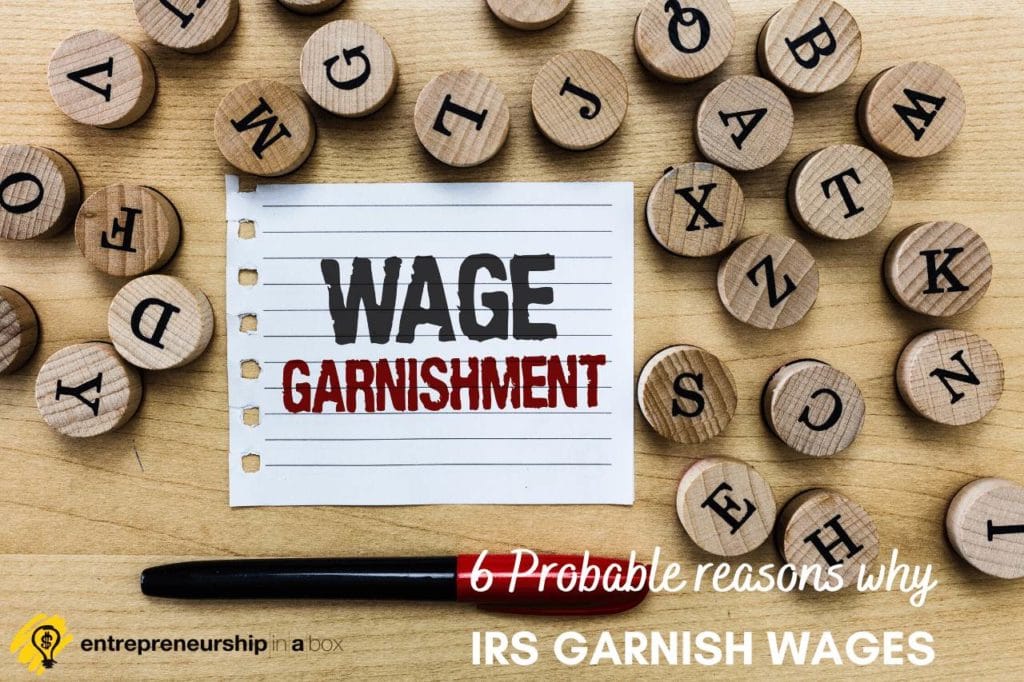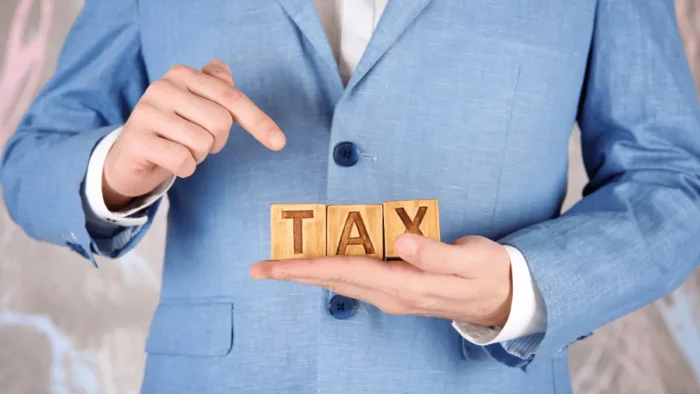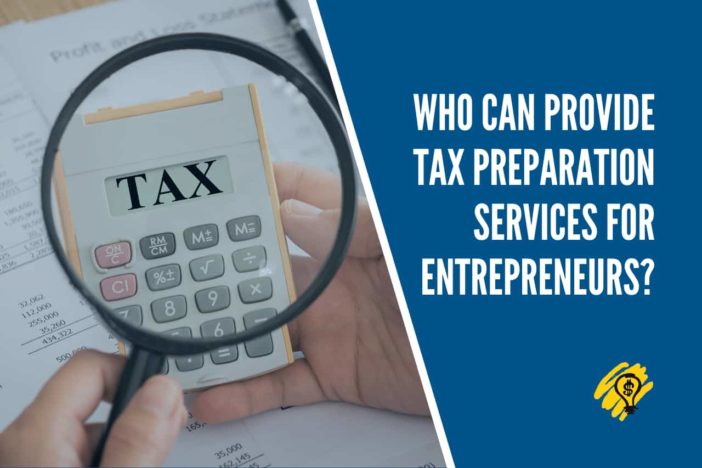The frequently asked question of whether or not the Internal Revenue Service (IRS) can garnish your wages isn’t a debate anymore, as many taxpayers will tell you, it happens more often than you would think.
That said, knowing why this can happen to you is important to avoid it. The following 6 examples will help you understand the probable reasons why the IRS would garnish your wages.
1. You Were Sent Notices by the IRS
If you default on paying your tax debts, the IRS will usually send out a maximum of 5 notices before taking action. If you happen to default on paying them after receiving these notices, the IRA will issue the garnishment. You can learn more about IRS garnished wages with the Silver Tax Group if you want to know how much of your income can be levied and the methods you can take to protect your income. It should also be noted that once a garnishment is issued, there is no way around it, as you’ve already been given multiple chances to pay or reach an agreement.
2. You Haven’t Filed Your Tax Returns
The IRS will not just garnish your wages any time they please. As mentioned above, they will give you several warnings first. They also need a good reason for it. If, for example, you don’t file your tax returns, including current returns and returns from the past 6 years, they’ll issue a wage garnishment.
3. You Couldn’t Get An Extension
Asking for an extension from the IRS is a delicate matter, as you’ll have to offer an adequate reason for it. If a taxpayer can prove that they are facing a hardship and that wage garnishment will cause more harm to them, then they can request an extension. If there’s no valid reason for an extension, a garnishment will still be enacted.
4. Type of Occupation
If you’re an employee, the IRS has a legal right to garnish your wages under certain circumstances when you have creditors. Independent contractors and freelancers, however, won’t have creditors to chase after them, so they won’t have their wages garnished for that reason, but they can still face several other legal issues, like contempt orders and suspension of licenses.
5. Improper Financial Consultation
If you’ve reached a point where you worry about IRS garnishing your wages, then your finances are probably not in the best state. The IRS will garnish wages when you default with payments, but this can happen because you didn’t have sufficient or proper financial consultation, to begin with. Seeking help from an expert can be a good precautionary measure.
6. An IRS Revenue Officer Is Assigned Your Case
An IRS Revenue officer works on cases where there is a large amount of taxes owed. Wage garnishment processes usually take 11 to 25 weeks to process. But if a revenue officer is assigned your case, your deadline for paying your taxes might be much sooner than it originally was.
It should be noted that wage garnishment is not permanent, as the levies will stop as soon as you pay off your taxes, file for bankruptcy, or if you come to a payment agreement with the IRS. You also can seek the help of a tax attorney in these cases to find out the best course of action.





